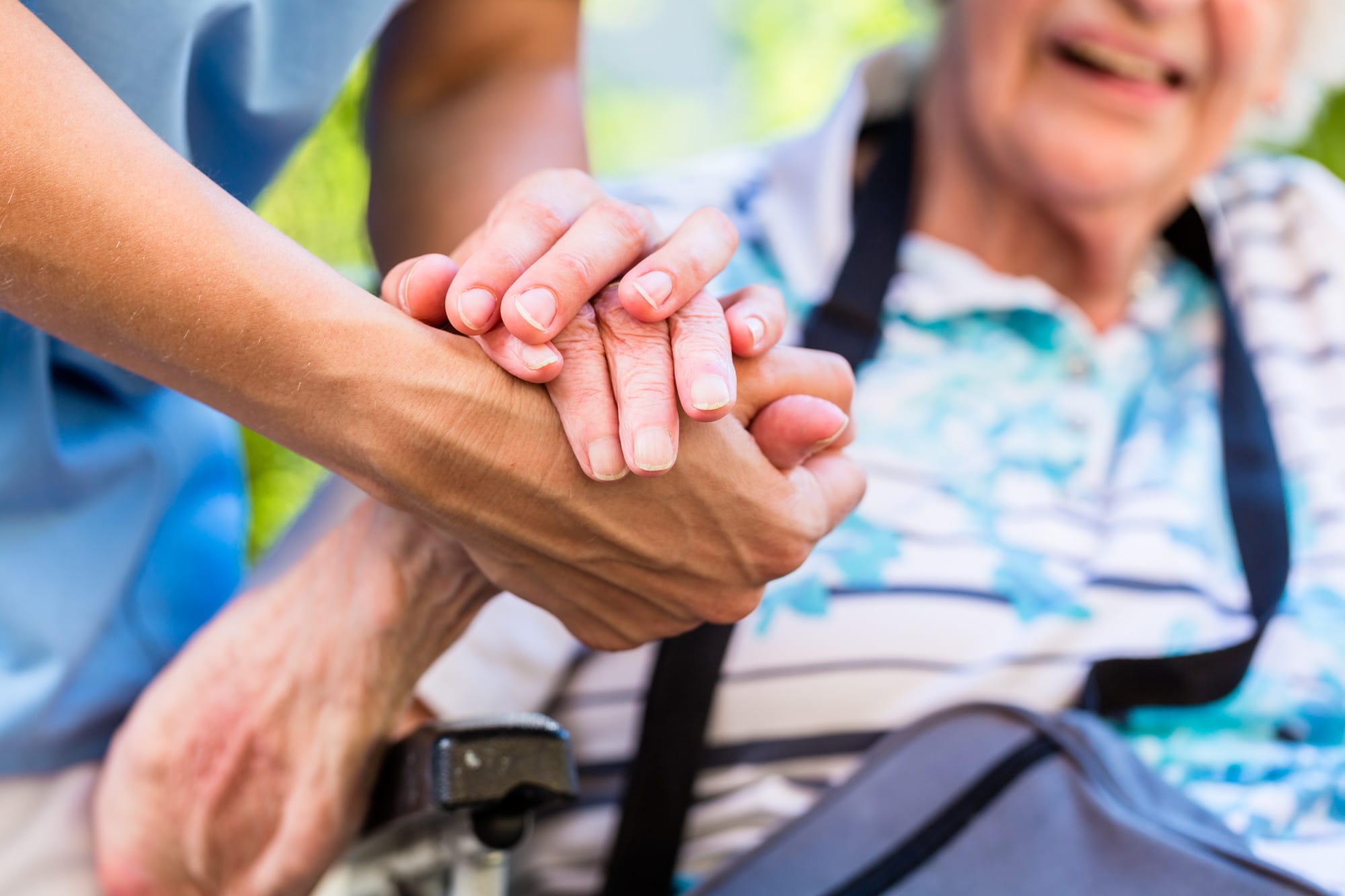A recent study of people aged fifty to eighty showed one in four seniors felt isolated and lonely. One in three respondents revealed they don’t have any form of consistent companionship.
Loneliness may not sound dangerous, but it is. Feeling isolated or lonely can lead to stress, which contributes to a variety of anxiety disorders and depression. These disorders can lower a person’s immune system, causing them to get sick more often and heal more slowly.
A simple, practical option for relatively healthy seniors is companion care for the elderly. Companion care offers many benefits that help older adults stay healthy, social, and at home longer.
Continue reading to learn everything you need to know about companion care for the elderly.
Companions Are Not Home Medical Providers
A companion isn’t a medical provider like an in-home nurse. Companion care is a unique kind of long-term care that focuses on the mental health and social well-being of the elderly. In-home medical providers, on the other hand, focus on the physical health of seniors.
A companion is a friend that assists seniors with simple but necessary tasks. They keep the older person company, so they don’t feel lonely. A companion may be a live-in position, full time, or part-time, depending on the situation.
A companion may keep a senior company by:
- Playing games
- Taking walks
- Attending bingo, religious services, community events or other social outings together
- Watching movies
- Sharing meals at home or a restaurant together
These aren’t the only things companion care can provide. Other basic assistance is provided, as detailed further below.
Basic Assistance With Daily Living Activities
Companion care for the elderly provides necessary assistance with daily living activities. As people get older, it can be more challenging to get around.
A companion can offer assistance so a senior may safely stand, sit, or lay down. They can help with walking by providing additional support or helping the elderly person safely reach their walker.
A companion can also assist with otherwise difficult or challenging transitions. Difficult transitions may include getting into or out of the shower, walking up or downstairs, and moving across uneven ground.
Help With Transportation
Driving can become difficult as a person gets older. Many seniors no longer drive due to mobility problems, eyesight issues, or other problems. Although seniors may not drive, they still need to get around.
A companion can help an elderly person to get where they need to be. They can drive to doctor’s appointments, the grocery store, religious services, and family events. Having access to consistent transportation is another critical way companion care helps the elderly stay active and social.
Hygiene and Grooming Assistance
Some seniors can handle their own hygiene and grooming. As they grow older, however, they may start having difficulties in necessary self-care.
A companion helps the elderly with basic hygiene and grooming like:
- Showering
- Caring for their real or false teeth
- Brushing the senior’s hair
- Helping the senior shave
- Assisting with the application of makeup
- Dressing and undressing
If there are other hygiene or grooming tasks an elderly person needs assistance with, a companion can likely help. If you’re not sure, it’s essential to speak with the companion care provider about your loved one’s needs.
Housekeeping and Cooking
Companion care provides housekeeping and cooking assistance for seniors who can’t handle everything on their own. These services are essential for allowing seniors to age in place as their mobility naturally declines.
Examples of housekeeping and cooking tasks companion care for the elderly may provide includes:
- Preparing meals and snacks
- Doing the dishes
- Tending to the grocery shopping (including making lists of necessary items)
- Laundry
- Vacuuming, sweeping and mopping
- Dusting
- Ensuring the floors are clearing of anything that may be tripped on
- Disinfecting surfaces
- Keeping the bathroom clean and free of water on the floor
- Cleaning out the fridge
- Gathering trash and taking it to the curb for weekly pickup
In some cases, a companion may also be able to provide a certain level of lawn care. This might include mowing, raking, or gardening.
Reminders for Medication and More
While a companion is not a medical provider, they can help the elderly remember when they need to take their medications. They might also be able to assist in making doctor’s appointments. They can’t, however, prescribe medication or make a diagnosis.
Companions can also remind a senior to exercise. Exercise is essential in keeping physical and mentally healthy at any age. Companions can also ensure a senior is safe and not overdoing it when they exercise.
Allows Seniors to Age in Place
Companion care for the elderly allows seniors to age in place. A companion is a unique combination of a personal assistant and friend that can keep an elderly person independent and active longer.
Companion care is best for mostly healthy seniors who have limited health issues. It isn’t the best choice for older people with serious medical conditions. Those with severe health issues will likely need medical assistance that a companion is unable to provide.
If you’re unsure if your loved one needs more support than a companion can provide, it’s best to ask. Sometimes, an elderly person’s needs can be provided through a combination of an at-home nurse and a companion.
Do You Have More Questions About Companion Care for the Elderly?
Companion care for the elderly is a practical way to allow seniors to age in place. A companion is a unique combination of a friend and a personal assistant.
Do you have more questions?
Check out our other blog posts. You’ll find a wealth of information on closely related topics to help you dive deeper into the subject.







